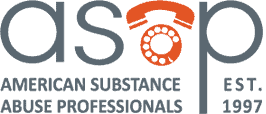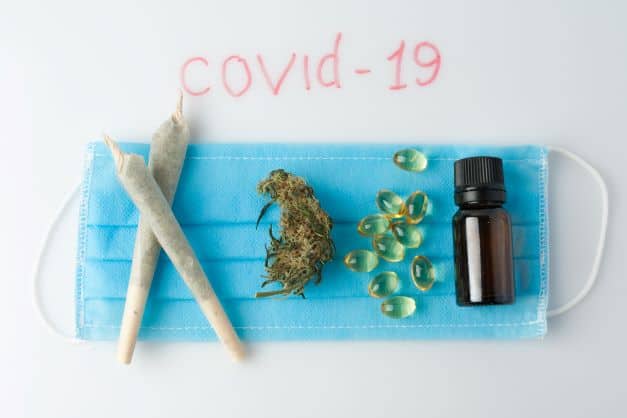By: ASAP
COVID has reshaped the transportation industry landscape of drug and alcohol violations as its workers’ return to duty. During the height of the pandemic in 2020, American Substance Abuse Professionals (ASAP) analyzed data from all their incoming violations. They saw a 22% increase in drug and alcohol testing violations for Department of Transportation (DOT) Federal Motor Carrier Safety Administration (FMCSA), while other modes showed a significant average decrease of 34%. Federal Aviation Administration (FAA) showed a decline of 22% in 2020 with a trend upward of 17% in 2021. Federal Railroad Administration (FRA) is steadily inclining after hiring back thousands of employees that were terminated in 2020. As 2021 is settling in, the overall DOT cases are up by 16%.
Self-referrals and Management Referrals Decline
Another significant decline was in self-referrals or self-disclosing of drug and/or alcohol use. This mostly occurs under company policies, i.e., non-DOT cases. This area declined by 17% and management referrals decreased by 4% in 2020. With the spotlight on increased mental health issues throughout the world, this statistic would be anticipated to increase. However, with employers being overwhelmed with workloads and less staff and employees fearing the loss of their employment if they step forward, there has been a decline in those seeking help. As transportation slowly moves toward a new normal, there has been a significant increase in these areas for 2021 with self-referrals up 26% and management referrals increasing 18%.
Follow-up Testing
When an employee fails a DOT drug or alcohol test, they are required to go through the DOT Return to Duty (RTD) process. The employee is immediately removed from safety-sensitive duty and is required to meet with a qualified DOT Substance Abuse Professional (SAP) for an evaluation, successfully comply with the recommendations from the SAP, and then return for a final evaluation with the same SAP. Once the process is completed, the employee is still required to pass an observed RTD DOT drug test before returning to safety-sensitive duty and the employer follows the SAPs follow-up testing schedule for continued testing thereafter. In 2020, only 5% of follow-up testing was completed as employers struggled to get testing completed due to lay-offs, COVID effects on collection sites and concern about sending employees for testing. As employers attempt to catch up on the SAPs recommended testing schedules, there has been a 91% increase in 2021 for follow-up testing. This is a good sign that employees are getting back to work. However, there was still a 26% increase in positivity for 2020 and trending toward 14% for 2021, noting that there is still a need to continue to protect public and workplace safety while promoting treatment and recovery.
American Substance Abuse Professionals, Inc. (ASAP) offers SAP and substance abuse evaluation services to all employers with drug use employment policies and specializing in companies regulated by the Department of Transportation (DOT) and the Nuclear Regulatory Commission (NRC). ASAP’s mission is to protect public safety and help employers maintain a drug-free workplace while promoting a safe work environment. Our success rate in returning employees back to work drug-free is 86%. Visit www.go2asap.com for more information. Work safely.





